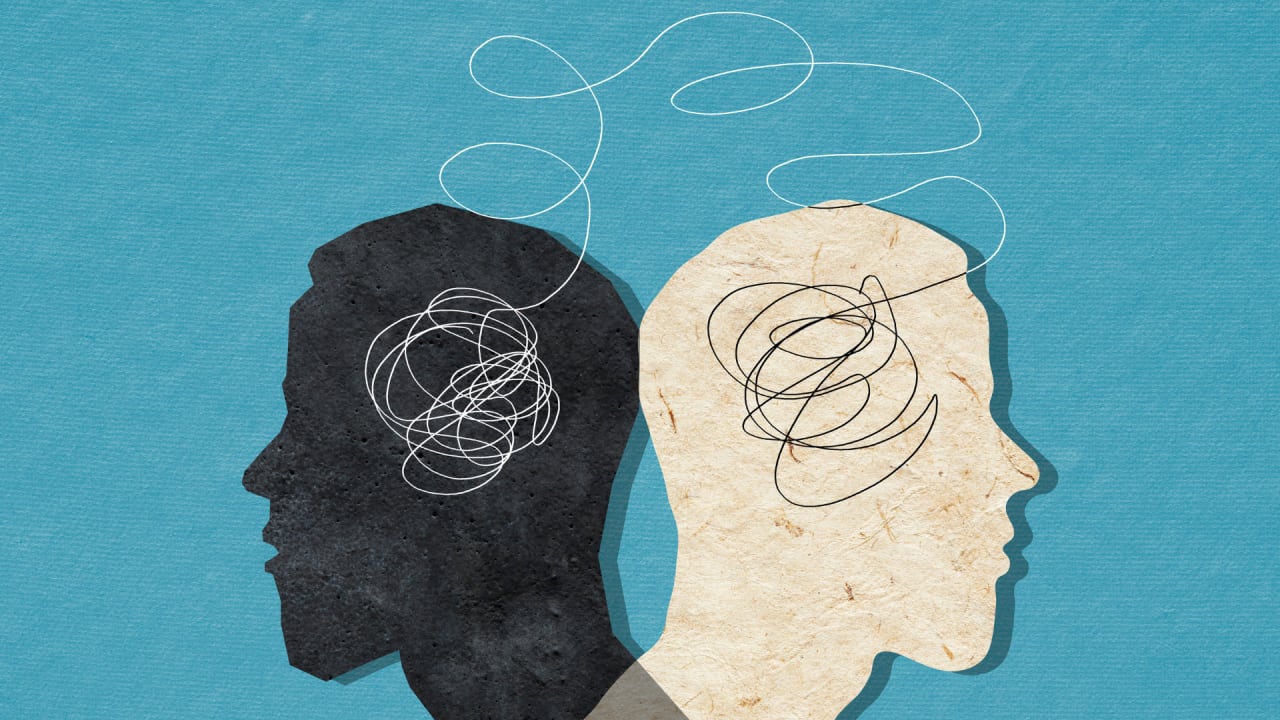Marriage has a surprising link to dementia risk, new study finds
The findings go against past conclusions that marriage supports improved health outcomes.

For the most part, science has found that marriage comes with health benefits—lower heart disease risk, longevity (especially for men), lower risk of depression, and better cancer survival rates.
But now come the surprising findings of a new study: that getting married may significantly increase your risk of dementia.
Accounting for age and sex, researchers found that widowed, divorced, and never-married individuals had an approximately 50% or lower risk of dementia, including Alzheimer’s disease and Lewy body dementia, relative to their married counterparts—associations that held for divorced and never-married older adults after controlling for age, sex, race, ethnicity, education, and various underlying health risks. The study appears in the Alzheimer's & Dementia journal of the Alzheimer's Association.
But the findings, they note, could also indicate “delayed diagnoses among unmarried individuals,” as married individuals are “more likely to engage in preventive medical care than unmarried individuals, potentially due to partners who notice early symptoms. Individuals in the early stages of dementia may not be aware of their symptoms and may miss/delay the diagnosis, especially among unmarried individuals who may lack feedback from a close partner.”
Or, write the researchers from the Florida State University College of Medicine, the findings could truly “challenge the assumption that marriage protects against dementia."
To sleuth out the results, the scientists examined health records from the National Alzheimer's Coordinating Center, an ongoing longitudinal study, of 24,107 elderly people (average age 71.8 years) over 18 years, then split them into four groups: married, widowed, divorced, and never married.
A 2017 study out of the College of London, meanwhile, came to the opposite conclusion: that people who are single or widowed are at a greater risk of dementia than people who are married. That was the conclusion after a review of 15 existing studies, as published in the Journal of Neurology Neurosurgery & Psychiatry.
Theories as to why marriage may have certain health effects
The Florida researchers acknowledge the varied findings from over the years, but also offered explanations for the current conclusions.
“There is some evidence indicating an increase in some domains of well-being, such as happiness and life satisfaction after divorce and social participation after partner bereavement,” the study authors write. In addition, they say, never-married individuals are also more likely to socialize with friends and neighbors and are “more likely to engage in healthier behaviors than their married counterparts.”
People who are married, meanwhile, “tend to have less social integration and are engaged in less frequent and lower-quality interactions in their networks compared to their unmarried counterparts.” And the noted positive aspects of well-being and social ties, they posit, could possibly serve as protective factors against dementia over time.
Existing theories about why being in a marriage could lead to better health include that it leads to stronger immune function and lower cortisol (stress); healthier behaviors, such as taking fewer risks and eating better; more robust mental health, partly due to better social supports; and that it's an indicator of having been healthy before the marriage, as some studies suggest people with health issues are less likely to get married.
But finally, the Florida researchers make a point of noting that it’s the quality of a marriage that could have the most to do with the related health outcomes.
“There is substantial evidence that the health benefits of marriage appear to be only in high-quality marriages,” they note. “In contrast, individuals who are unhappy in their marriage…are more likely to have equal or worse health and mortality risk compared to those who are widowed, divorced, or never-married counterparts. Thus, marital quality may play a key role in the association.”
More on dementia:
- It’s not just forgetfulness: 8 early warning signs of dementia
- The shingles vaccine could be the next best tool to prevent dementia, new study finds
- 5 ways to reduce your dementia risk as study estimates U.S. cases could double by 2060
This story was originally featured on Fortune.com











![31 Top Social Media Platforms in 2025 [+ Marketing Tips]](https://static.semrush.com/blog/uploads/media/0b/40/0b40fe7015c46ea017490203e239364a/most-popular-social-media-platforms.svg)















































































































































































![How to Find Low-Competition Keywords with Semrush [Super Easy]](https://static.semrush.com/blog/uploads/media/73/62/7362f16fb9e460b6d58ccc09b4a048b6/how-to-find-low-competition-keywords-sm.png)



